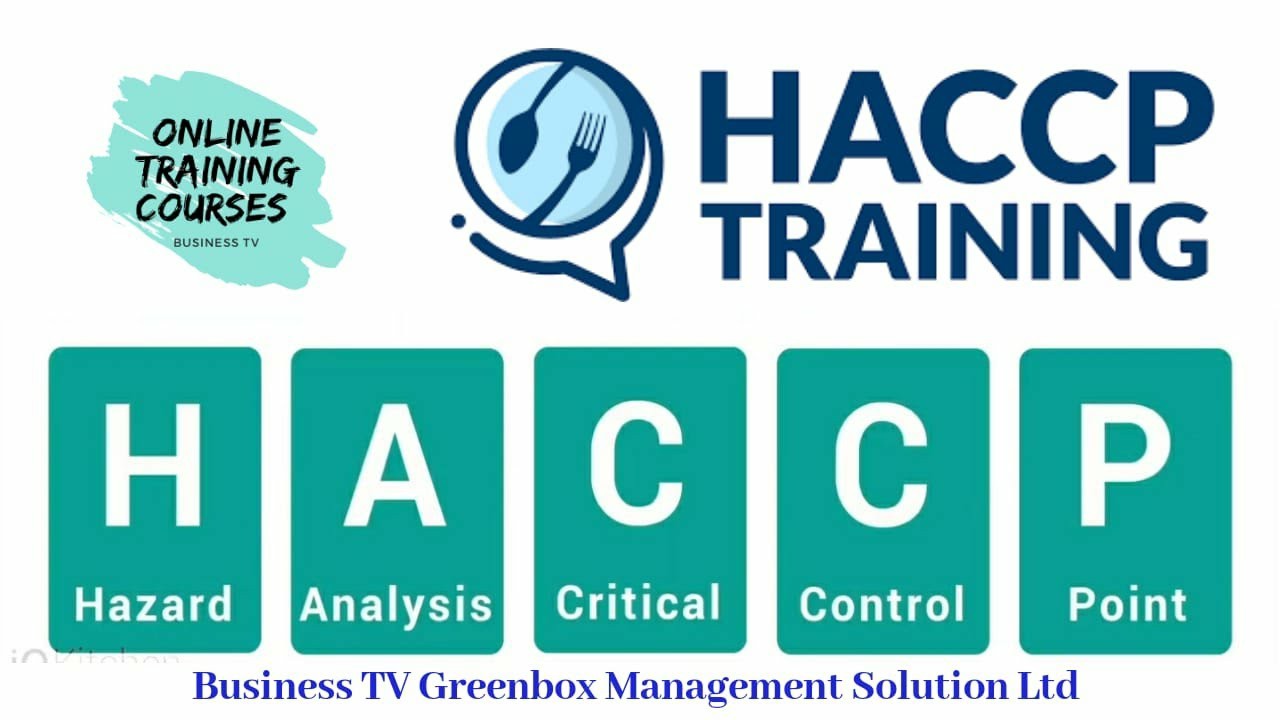HACCP Certification: A Key Step for Food Safety & Compliance in Dublin, Cork, Galway, and Across Ireland
In the heart of Ireland’s bustling food industry, from the vibrant streets of Dublin to the scenic views of Cork, ensuring food safety compliance is paramount for every restaurant owner, catering professional, and food manufacturer. HACCP Certification plays a vital role in this compliance landscape, helping businesses protect public health and enhance their reputation.
What is HACCP? Understanding Its Role in Food Hygiene & Risk Management
Hazard Analysis and Critical Control Points (HACCP) is a preventive approach to food safety that identifies potential hazards throughout the production process, from farm to fork. HACCP principles help food businesses manage risks and ensure that products are safe for consumption.
The 7 HACCP Principles
- Conduct a Hazard Analysis: Identify potential hazards that could affect food safety.
- Determine Critical Control Points (CCPs): Establish points in the process where hazards can be controlled or eliminated.
- Establish Critical Limits: Set safety parameters for each CCP.
- Monitor CCPs: Implement procedures to monitor control measures.
- Establish Corrective Actions: Determine actions to be taken when monitoring indicates that a critical limit has not been met.
- Verification: Establish procedures to confirm that the HACCP system is working effectively.
- Record Keeping: Maintain accurate documentation regarding all procedures and outcomes.
HACCP Training Benefits: How It Improves Food Safety Standards in Ireland
Obtaining HACCP certification through structured HACCP training courses offers numerous advantages, including:
- Compliance with Regulations: HACCP training ensures adherence to Irish and EU food safety laws, reducing the risk of legal issues.
- Minimized Contamination Risks: Proper training helps identify and manage potential hazards effectively.
- Improved Food Handling Standards: Staff educated in HACCP practices contribute to higher food safety standards.
- Enhanced Public Health Protection: Businesses can safeguard consumers by implementing best practices in food hygiene.
Step-by-Step Guide to Getting HACCP Certification for Your Business
Securing HACCP certification involves several key steps:
- Enroll in a HACCP Training Course: Choose a reputable provider offering comprehensive training suitable for your business type.
- Complete the Training Program: Participate actively in the course, absorbing the principles of HACCP and food safety.
- Develop Your HACCP Plan: Use your training to establish a customized HACCP plan tailored to your operation.
- Implement the Plan: Ensure that all staff are trained in the new procedures and protocols.
- Request Certification: Once you’ve implemented the HACCP plan effectively, request an external audit if necessary.
Comparing Online vs. In-Person HACCP Training Options
With the growth of digital education, online HACCP training has become a viable option for many food businesses. Here’s a brief comparison:
- Flexibility: Online courses provide the flexibility to learn at your own pace, which is ideal for busy professionals.
- Cost-Effectiveness: Many online courses are more affordable than in-person training sessions.
- Engagement: In-person training may offer more interactive experiences and opportunities to ask questions in real time.
Common HACCP Violations and How to Prevent Them
While obtaining HACCP certification is essential, ongoing compliance is equally important. Common violations include failing to keep accurate records and not adhering to the established CCPs. To prevent such issues, businesses must:
- Conduct regular training refreshers for staff.
- Implement routine audits to ensure compliance with HACCP guidelines.
- Encourage a culture of food safety within the organization.
How HACCP Compliance Boosts Business Reputation and Customer Trust
A strong commitment to food safety through HACCP certification enhances your business image. Consumers are increasingly inclined to patronize establishments that prioritize hygiene and safety. Moreover, having a reputable HACCP certificate can:
- Differentiates your business in a competitive marketplace.
- Builds customer loyalty based on trust.
- Reduces the likelihood of foodborne illnesses, subsequently minimizing negative publicity.
How to Conduct a HACCP Audit for Your Business
Regular HACCP audits are crucial to ensure long-term compliance and improvement. Consider following these steps:
- Review Your HACCP Plan: Ensure it aligns with current food safety standards and is comprehensive.
- Evaluate Staff Training: Assess if your team is adequately trained in HACCP protocols.
- Monitor Compliance: Check if staff follow established procedures and record-keeping practices.
- Gather Feedback: Consult with employees about any challenges they face in adhering to HACCP guidelines.
- Make Improvements: Use audit findings to enhance your food safety practices continuously.
Conclusion & Call to Action
In summary, HACCP certification is not merely an obligation but a vital step towards ensuring food safety and compliance for businesses across Ireland. By enrolling in reputable HACCP training courses, you equip your staff with the knowledge and skills necessary to protect both your patrons and your business. Don’t wait—enroll in our HACCP Training Course today and take your food safety standards to the next level!



 349,500 Offered Certificates
349,500 Offered Certificates
 24/7 Online Training
24/7 Online Training
 Money Back Guarantee
Money Back Guarantee
 Fully Accredited Courses
Fully Accredited Courses
